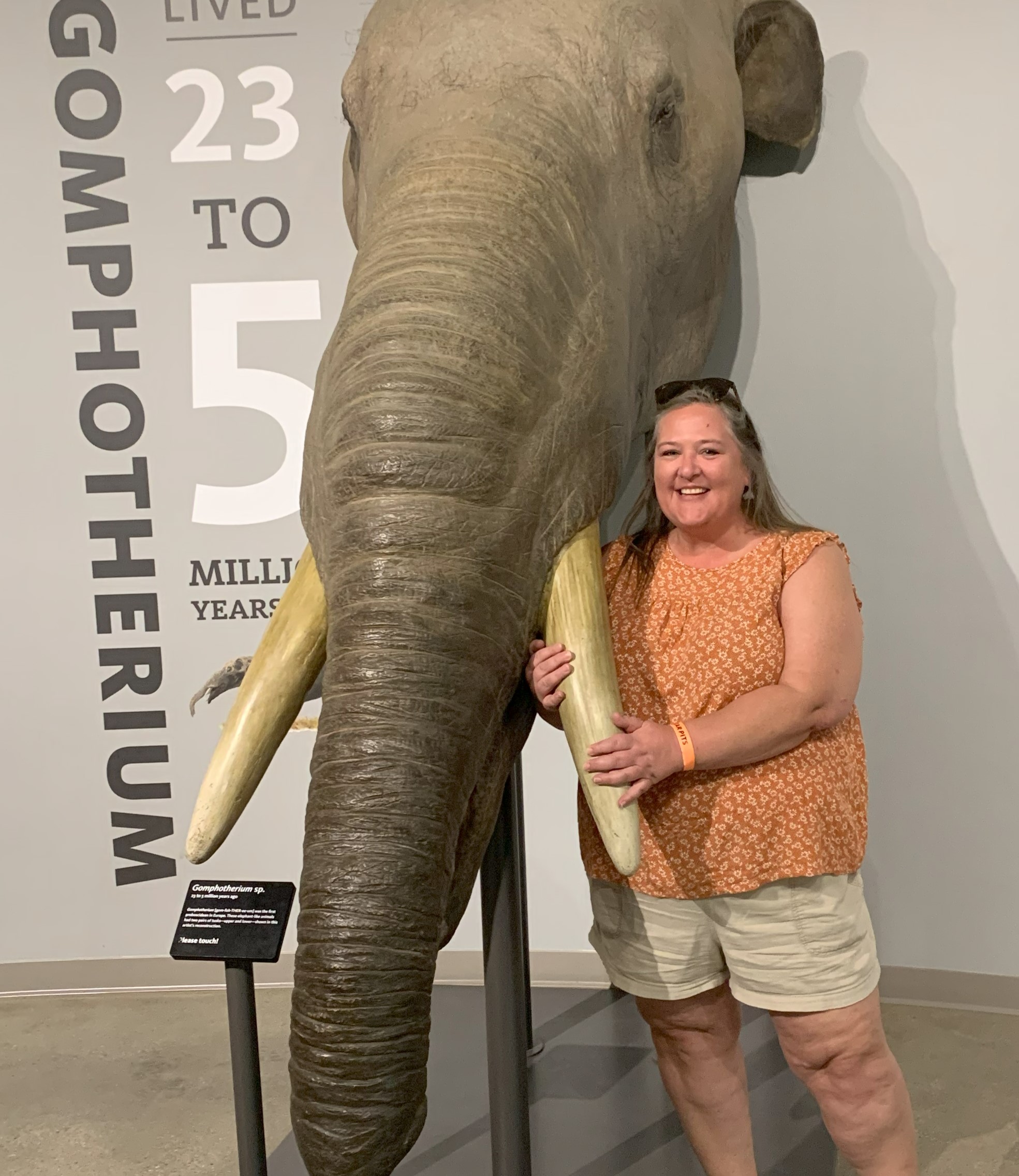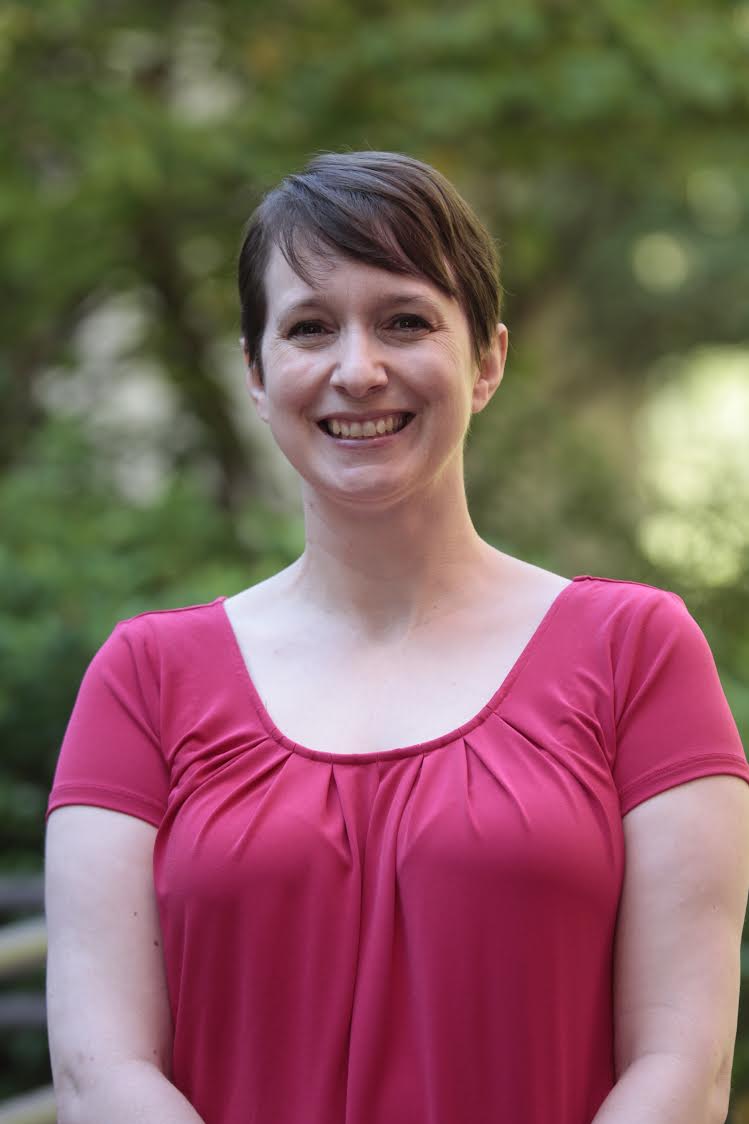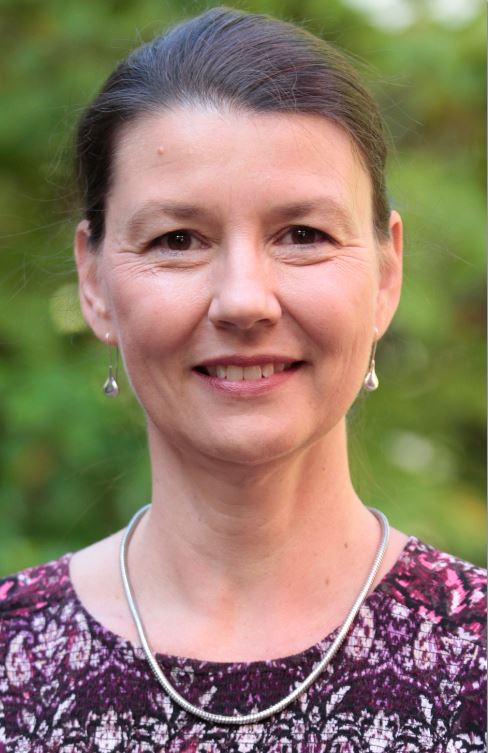Endorsement - K-5 Mathematics
The K-5 Mathematics Endorsement program is designed to strengthen and advance mathematics content knowledge, provide professional growth, and promote changes in practice that impact student achievement. To be eligible for the program, an individual must hold a Clear Renewable teaching certificate and have a minimum of one year of teaching experience. With this endorsement, individuals teaching mathematics in grades K-5 will be eligible to earn salary incentives when funded by the General Assembly.
For more information, please see the Academic Catalog.
The K-5 Mathematics Endorsement program is designed to strengthen and advance mathematics content knowledge, provide professional growth, and promote changes in practice that impact student achievement. To be eligible for the program, an individual must hold a Clear Renewable teaching certificate and have a minimum of one year of teaching experience. With this endorsement, individuals teaching mathematics in grades K-5 will be eligible to earn salary incentives when funded by the General Assembly.
Program Location
Carrollton Campus
Method of Delivery
Courses are primarily taught face to face. Some courses may be available partially or fully online, however, this is not an online program.
Accreditation
The University of West Georgia is accredited by The Southern Association of Colleges and Schools Commission on Colleges (SACSCOC).
Credit and transfer
Total semester hours required: 12
Graduate students may be able to reduce their cost through prior learning, previous degrees earned at UWG, or transfer credits. We have created a tool to help students estimate their tuition costs.
Financial aid may or may not cover this program. Please review the Financial Aid Office website to check the eligibility of financial aid for your program of study.
This program may be earned entirely face-to-face. However, depending on the courses chosen, a student may choose to take some partially or fully online courses.
Save money
UWG is often ranked as one of the most affordable accredited universities of its kind, regardless of the method of delivery chosen.
Details
- Total tuition costs and fees may vary, depending on the instructional method of the courses in which the student chooses to enroll.
- The more courses a student takes in a single term, the more they will typically save in fees and total cost.
- Face-to-face or partially online courses are charged at the general tuition rate and all mandatory campus fees, based on the student's residency (non-residents are charged at a higher rate).
- Fully or entirely online course tuition rates and fees my vary depending on the program. Students enrolled in exclusively online courses do not pay non-Resident rates.
- Together this means that GA residents pay about the same if they take all face-to-face or partially online courses as they do if they take only fully online courses exclusively; while non-residents save money by taking fully online courses.
- One word of caution: If a student takes a combination of face-to-face and online courses in a single term, he/she will pay both all mandatory campus fees and the higher eTuition rate.
- For cost information, as well as payment deadlines, see the Student Accounts and Billing Services website
There are a variety of financial assistance options for students, including scholarships and work study programs. Visit the Office of Financial Aid's website for more information.
General
This course focuses on preparing K-5 Mathematics Endorsement candidates to: understand and use the major concepts of number and operations in mathematics for K-5, including expressing, transforming, and generalizing patterns and quantitative relationships through a variety of representations; In addition, candidates will: solve problems using multiple strategies, manipulatives, and technological tools; interpret solutions; and determine reasonablesness of answers and efficiency of methods; as well select and use a variety of formative and summative assessment techniques to monitor student progress, gauge students mathematical understanding, and interpret school-based progress. Must be taken concurrently with EDME 7271L.
Co-requisite: EDME 7271. Supervised and coordinated series of real applications of the knowledge and skills occurring in actual K-5 classroom settings that allow students to further develop and demonstrate the knowledge and skills acquired in coursework. Residency experiences shall require demonstration of the content knowledge and pedagogical skills acquired in Elementary Mathematics I.
This course focuses on preparing K-5 Mathematics Endorsement candidates to: understand and use the major concepts of probability and data analysis for grades K-5, solve problems using multiple strategies, manipulatives, and technological tools; interpret solutions; and determine reasonableness of answers and efficiency of methods. In addition, this course will nurture collaboration, critical thinking, hands-on exploration, manipulative use, problem-based inquiry, technology utilization, and activity implementation addressing various learning styles; and will select and use a variety of formative and summative assessment techniques to monitor student progress, gauge student s mathematical understanding, and interpret school-based progress. Must be taken concurrently with EDME 7272L.
Co-requisite: EDME 7272. Supervised and coordinated series of real applications of the knowledge and skills occurring in actual K-5 classroom settings that allow students to further develop and demonstrate the knowledge and skills acquired in coursework. Residency experiences shall require demonstration of the content knowledge and pedagogical skills acquired in Elementary Mathematics II.
Co-Requisite: EDME 7273L Exploration of techniques and strategies for teaching mathematics in the elementary school, including diversity, data-driven instruction, grouping for instruction, and technology in the classroom.
Co-Requisite: EDME 7273Supervised and coordinated series of real applications of the knowledge and skills occurring in actual K-5 classroom settings that allow students to further develop and demonstrate the knowledge and skills acquired in coursework. Residency experiences shall require demonstration of the content knowledge and pedagogical skills acquired in Advanced Strategies for Teaching Elementary Mathematics.

Stacey Britton, Ph.D.
Associate Professor & Assistant Department Chair of ESCER
Jennifer Edelman, Ph.D.
Associate Professor
Rebecca Gault, Ph.D.
Associate Professor


Janet Strickland, Ph.D.
Associate ProfessorGuidelines for Admittance
- All graduate applicants must complete the online Graduate Application. A current application fee of $55 is required.
- Applicants should also review the Graduate Studies Website for individual program specific requirements and tasks that must be completed prior to admission. See Graduate Studies Application Process.
- International applicants are subject to additional requirements and application deadlines. See Procedures for International Students.
- Official transcripts from a regionally or nationally accredited institution are required and should be sent directly to the UWG Admissions Office.
Program Specific Admittance Guidelines
- The applicant must hold a bachelor's degree from an accredited United States institution, or the equivalent from an international institution.
- The applicant must be in academic good standing at the institution last attended.
- The applicant must file an official application and related documents.
- The applicant must have a minimum grade point average of 2.75 on all undergraduate work at an accredited United States institution in fulfillment of the requirements for a baccalaureate degree.
- The applicant must submit a copy of his/her clear renewable teaching certificate in a PSC approved field.
- Then applicant must have a minimum of one year of teaching experience.
- The successful applicant must not have a criminal record or discharge from the armed services that would prevent recommendation for related teacher certifications.
- Applicants must contact the departments to which they seek admission for information concerning program specific requirements.
Application Deadlines
Specific Graduate Admissions Deadlines are available via the Graduate School
* Application, app fee, and document deadline
See The Scoop for more specific deadlines.
Admission Process Checklist
The Graduate Studies Application Process checklist is available here
Contact
Graduate Admissions
graduate@westga.edu
678-839-1394
College of Education:
The The Department of Early Childhood through Secondary Education website includes projected course offerings, program sheets, and other vital information.
Dr. Natasha Ramsay-Jordan
Pre-enrollment Contact
nrjordan@westga.edu
Phone: 678-839-6086
Specific dates for Admissions (Undergraduate Only), Financial Aid, Fee Payment, Registration, Start/End of Term Dates, Final Exams, etc. are available in THE SCOOP.
Specific Graduate Admissions Deadlines are available via the Graduate School
The courses in the K-5 Mathematics Endorsement have several purposes for candidates:
- To understand and use the major concepts of mathematics for grades K-5
- To solve problems using multiple strategies, manipulatives, and technological tools
- To interpret solutions and determine the reasonableness of answers and efficiency of methods
- To nurture collaboration, critical thinking, hands-on exploration, manipulative use, problem-based inquiry, technology utilization, and activity implementation addressing various learning styles.
- To select and use a variety of formative and summative assessment techniques to monitor student progress, gauge students' mathematical understanding, and interpret school-based progress
- To demonstrate a deep understanding of how K-5 students learn mathematics and of the pedagogical content knowledge appropriate to K-5 mathematics teaching.
